23% interest on a motor vehicle loan? Even with today's low interest rates? How about 100%?
Over the past few years banks have been targeting people who used to be denied for car loans. Now, these folks are getting multiple car loan offers in the mail promising "easy credit". It can be tempting to sign up for one of these loans when your existing vehicle is on its last legs.
The trouble is the cost. Auto lenders try to get you to focus on the monthly payment instead of the true cost of the loan. Paying a total of $15,000 with interest for a car you bought for $7,500 might work out, but the $7,500 car is likely to need repairs and maintenance over the next few years and may even quit running before your car loan is paid.
The new wave of easy but expensive auto loans is being driven by banks that cannot make risky home loans anymore. They've turned to auto loans instead. Mortgages are now heavily regulated so car loans are a much easier place for banks and car financiers to rip you off. And that can happen to anyone paying 23% interest on an older vehicle that's out of warrantee.
Even more devastating are title loans, the quick cash loans you can get using your current vehicle as collateral. These loans often require payments of over 100% interest. I've seen title loan contracts charging 300% in interest. Most States, including Minnesota, prohibit title loans with interest rates that high but they are legal in Wisconsin. Many Minnesotans -- often desperate for cash to pay their rent -- drive over the border to get a Wisconsin title loan.
As you might imagine, the title lenders are doing very well. You don't have to be a math whiz to realize that a 300% title loan can quickly cost you more than your car is worth. If you borrow $2,000 at 300% interest and it takes you 12 months to pay off the loan, you're paying $6,000 in interest, or $8,000 altogether. If your car is worth less than $8,000, you might be better off letting the lender repossess the car than paying them back.
So what do you do? When you're in the market to buy or replace a vehicle, ignore the car loan offers you receive in the mail. Those offers are almost all going to have outrageous interest rates. And ignore the pushy finance guy who tells you that the interest rate he found is the "best you're ever going to get." These days, you can often find a better interest rate yourself by calling around. You can start with your bank or credit union. If you have bad credit, taking steps to clean it up before you apply can often get you a much better interest rate. This can save you thousands of dollars over the life of the loan.
What about when you're stuck with a title loan? Thankfully, there is a remedy in bankruptcy to deal with title loans that allows you to compel the lender to accept a more reasonable interest rate. If you borrowed money on a title loan and you can't afford the payments, this remedy can give you a way to keep your car.
If you need help with bad credit, credit cleanup, or with a terrible title loan, give me a call. We can probably help.
Image credit: Misfit Photographer






